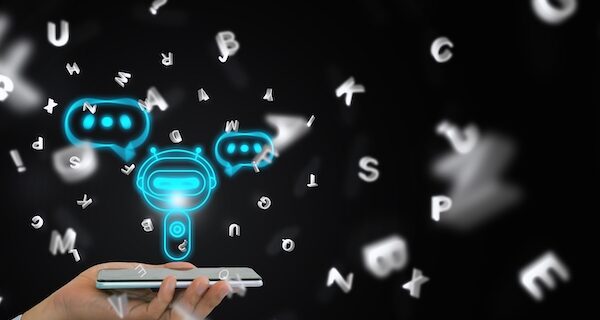[ad_1]

(Ole.CNX/Shutterstock)
In recent times, generative AI (GenAI) has emerged as a transformative force, revolutionizing the way we work, live, and learn.
GenAI refers to a class of AI that is used to generate content, such as text, images, and videos. One of the most promising use cases for GenAI is in the field of coaching, where AI-powered bots can provide personalized guidance, feedback, and support to students.
Prof. Raj Rao Nadakuditi from the University of Michigan is developing a new kind of AI coaching bot capable of delivering feedback to strengthen students’ critical thinking and self-regulated learning skills.
“The goal is to develop a bot that will guide students to understand the underlying conceptual framework of a problem in ways that let them self-solve other conceptually similar problems, rather than just tutoring them to solve the specific problem that had them seek out for help in the first place,” Nadakuditi said.
Simply providing an answer to a specific query is not enough. Students often need feedback and can have various questions about the topic. In addition, a GenAI bot has the opportunity to build the student’s metacognitive skills. These skills play a key role in the overall development of the student as it teaches them critical thinking and problem-solving skills.
The AI coaching bot being developed by Prof Nadakuditi does this by “directing students to examine their thinking process” so students “can identify how they came to the wrong answer and adjust their process accordingly.”
According to Prof. Nadakuditi, this would be one of the first GenAI applications that explicitly grounds metacognition in the computing education context. The goal is to develop a platform for the next generation of engineers and scientists to transform raw data into actionable knowledge, helping fuel innovation and discovery.

Several other universities are in the process of leveraging the power of AI to teach classes and assist in academic research. Harvard University is planning to incorporate AI chatbots to teach coding classes, grade assignments, and offer personalized learning tips.
Professor David J. Malan and his team from Harvard University are fine-tuning an AI system to help manage the workload of one most popular learning courses on campus – CS50 Introduction to Computer Science.
Based on a study by Intelligent in 2023, timely and informative feedback can have a major positive impact on students’ learning. The study also found that students found studying with ChatGPT more effective than studying with a human tutor. However, the report also highlighted that despite student enthusiasm experts warn that ChatGPT might not be an effective replacement for tutors.
Prof.Nadakuditi admits that AI chatbots are not infallible. They are prone to hallucinations, and students may be required to verify the explanation by the chatbot.
To overcome this issue, Prof. Nadakuditi recommends the coaching method of “asking-more-telling-less’ where the onus is on the students to solve the problem by evaluating their problem-solving process. The role of the AI coaching bot should be to highlight incorrect methods or answers and to guide the student to the right approach to the problem.
Related
[ad_2]
Source link

